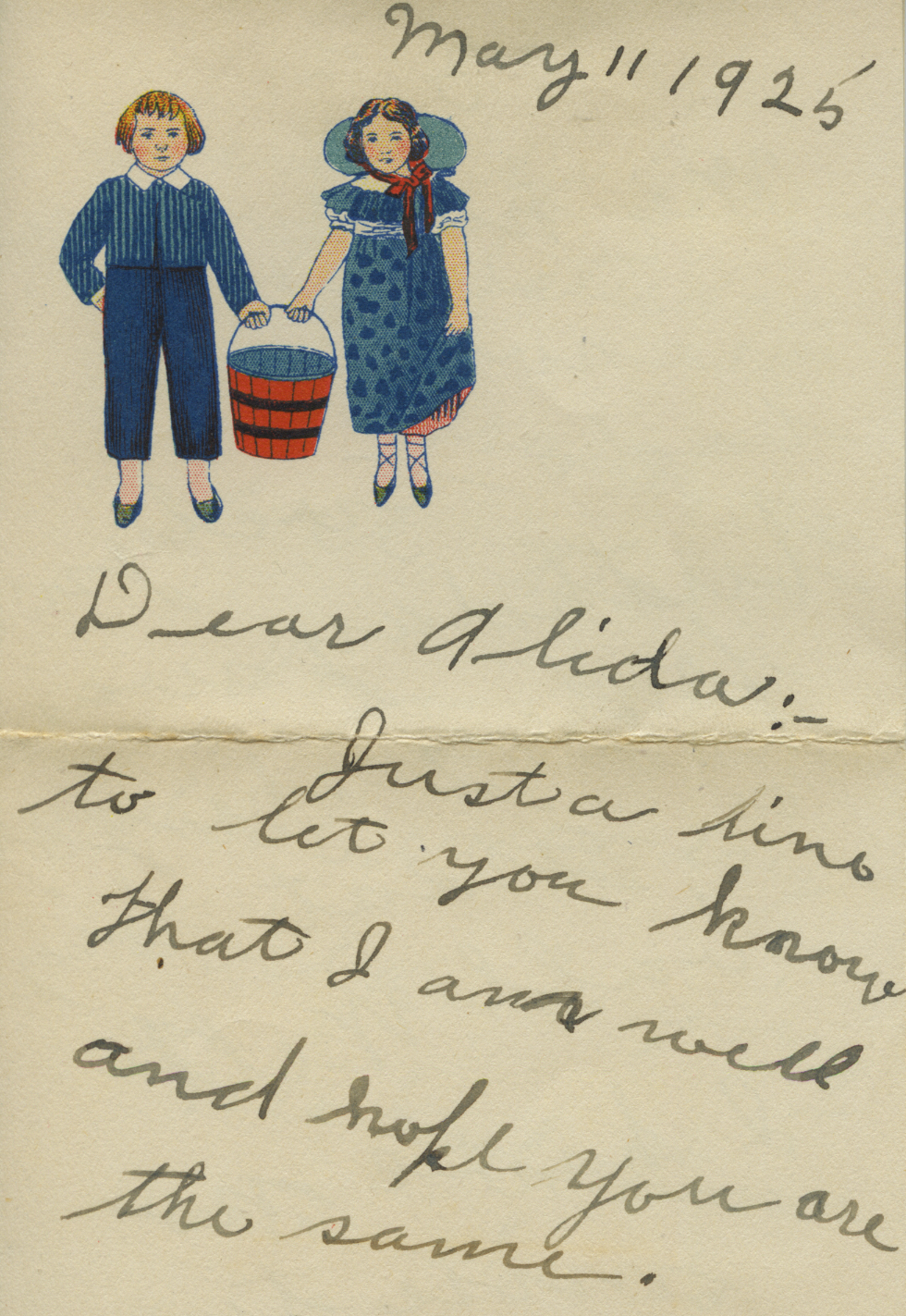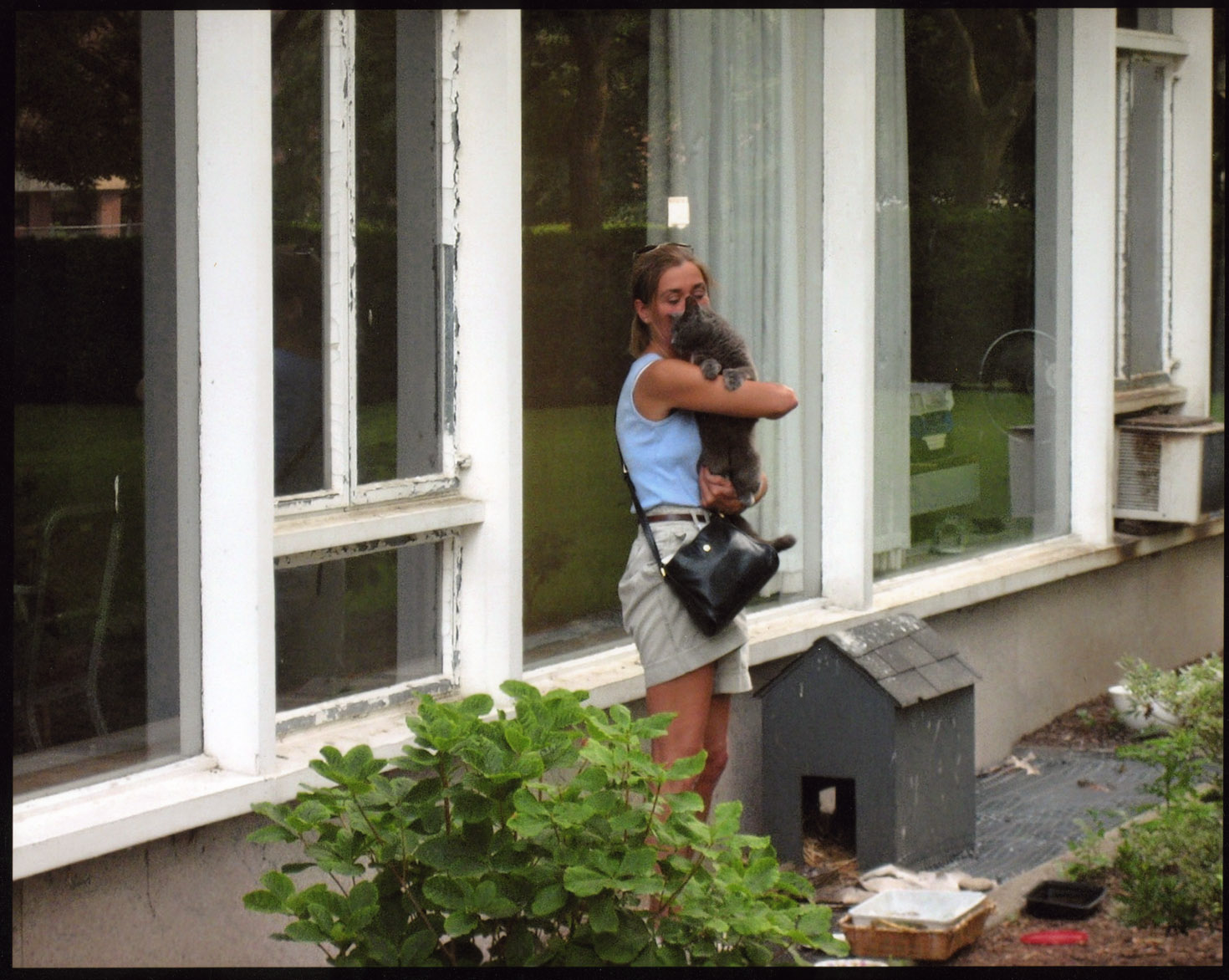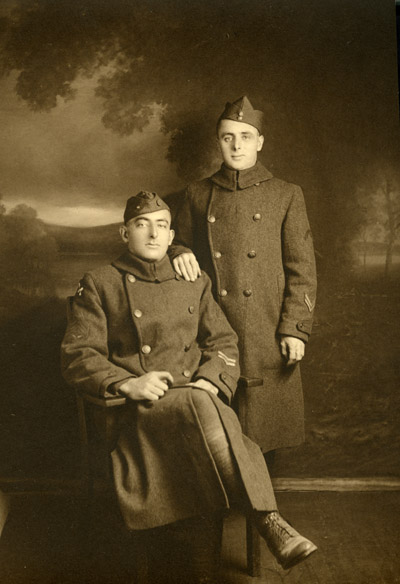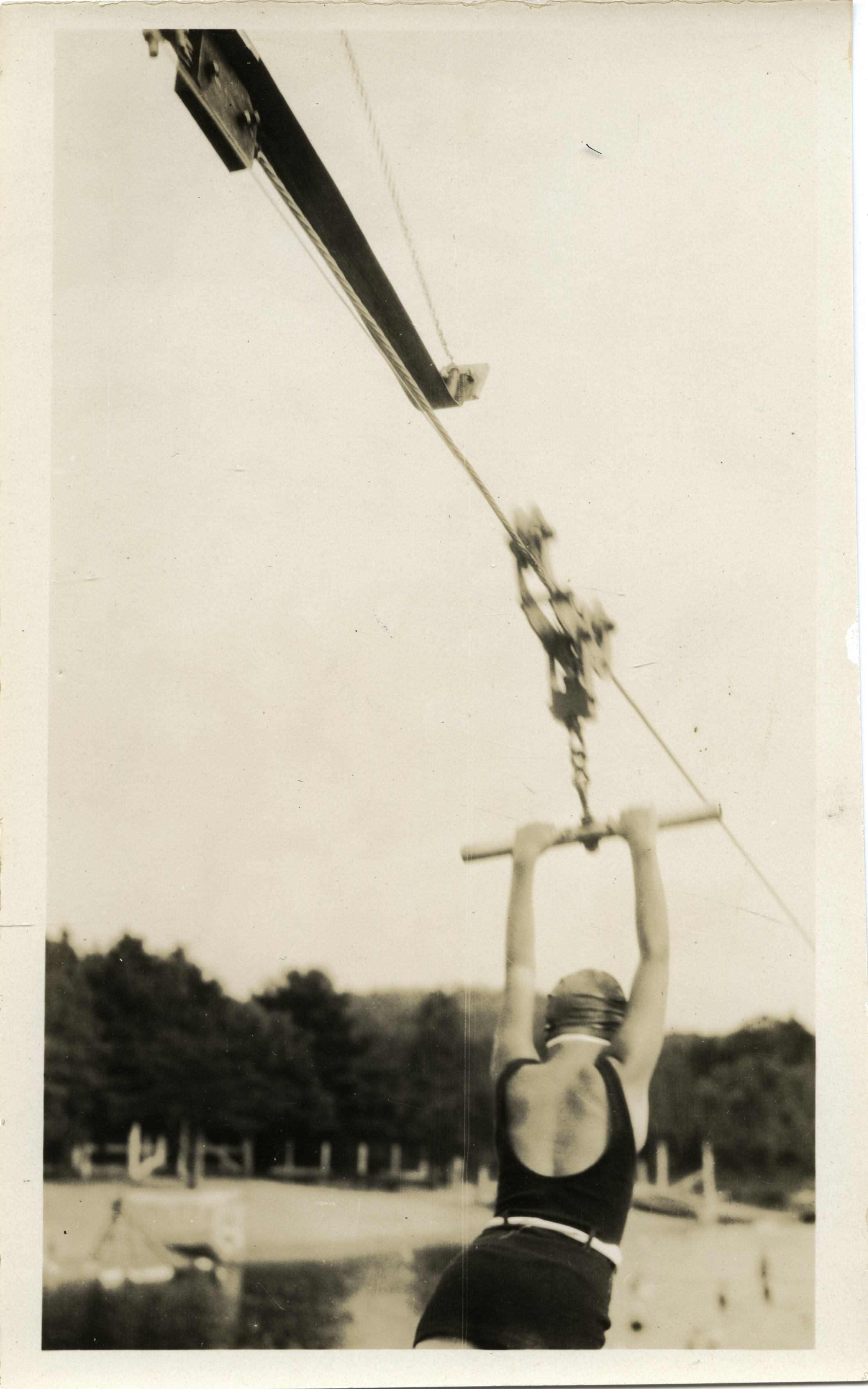A Quaker investment broker and attorney, Henry H. Perry was born in Rhode Island in about 1885. A prominent figure in the New England Yearly Meeting, Perry was called upon by the American Friends Service Committee to act as director of three of the Massachusetts Civilian Public Service Camps: Royalston, Petersham, and Ashburnham. Under the Selective Service Act of 1940, negotiations between the Selective Service and the major peace churches resulted in the creation of a system by which conscientious objectors were allowed to refrain from direct participation in the war, by serving instead in Civilian Public Service camps. Assigned to “work of national importance,” they filled in for war-related manpower shortages in a variety of areas, including the Forest Service, Soil Conservation Service, mental hospitals, telephone line maintenance and repair, fire-fighting, and clearing fire debris that was left in the wake of the 1937 New England hurricane. Living in Petersham with his wife Edith (Nicholson), Perry served as director of the camps from June 1941 until they were discontinued in October 1942. Perry writes, in a letter dated November 1942, that he is “no longer connected to CPS;” his correspondence is addressed from Dover, MA, showing that he relocated to the Boston area. However, little information is available about him after the camps closed.
This collection consists of administrative and business records concerning the start up, operation, and shut down of the AFSC-run CPS Camps in Royalston, Ashburnham, and Petersham, Mass. Camp Directors were under mandatory orders to keep the strict records that make up the bulk of this collection—administrative documentation, correspondences, health records, itineraries, financial reports and budgets, all pertaining to camp operations. This documentation acted as a deliberate gesture, demonstrating the competency and legitimacy of CPS camp work to Selective Service authorities. However, this collection also contains some personal correspondence and notes not directly related to camp administration, that give a personal, everyday-life, glimpse at the stresses, struggles, and emotional labor, on the part of Quakers, who had to step up, come together, and make the best of a terrible situation: protecting and caring for conscientious objectors during a time of war.
Part of the New England Yearly Meeting of Friends Records, April 2017.





